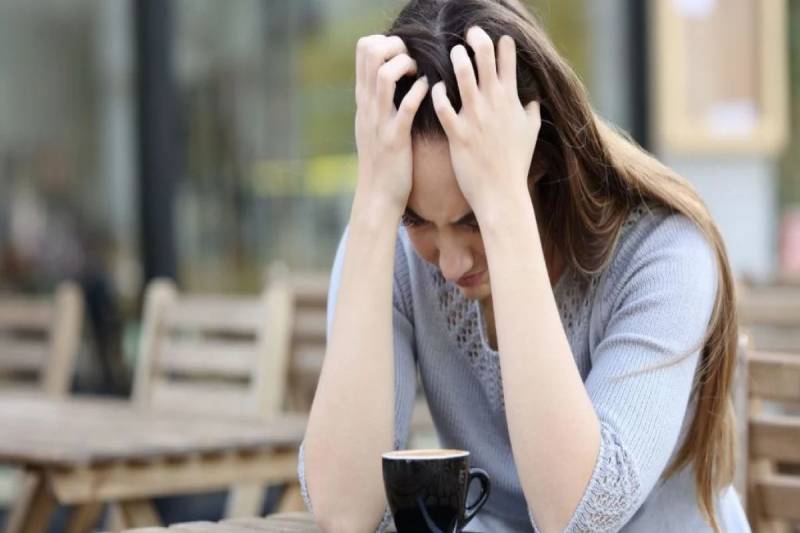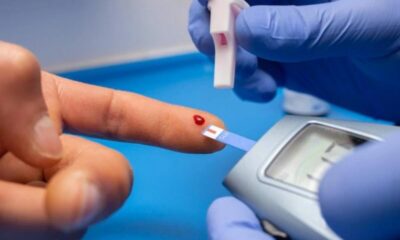A physiological reaction to stress, anxiety is a state of readiness for situations like tests, job interviews, public speaking, or romantic interactions. Many people, however, experience anxiety as a chronic, detrimental influence on daily functioning, exhibiting symptoms that are out of proportion to the stimulus in terms of cognition, physiology, behavior, and affect. With a higher incidence in women, anxiety disorders are the most frequent psychiatric diseases in the world, impacting 301 million individuals worldwide, including 58 million children and adolescents. Brazil is unique in that about 10% of its people experience anxiety. 37% of workers report being really stressed out at work, while 63% report feeling anxious.
Knowing About Disorders of Anxiety
Panic disorder is characterized by abrupt and severe panic attacks, while generalized anxiety disorder involves ongoing worry and tension. Commonly occurring, phobias are marked by an overwhelming fear of particular things or circumstances. The stress response is mostly regulated by the central nervous system and neurotransmitters like GABA, serotonin, dopamine, and noradrenaline. Stressful circumstances increase the activity of the brain’s amygdala, which alerts the body to threats and causes dread and anxiety. Anxiety crises can cause a number of symptoms, such as extreme panic, sweating, shaking, palpitations, and difficulty breathing. These illnesses arise from the interaction of multiple elements, albeit the precise causes are not well understood.
Anxiety Management and Treatment
It is advised to lead a healthy lifestyle, look for trustworthy information, and, if needed, seek professional assistance, in order to control anxiety. The efficacious treatment leads to both symptom relief and enhanced quality of life.
Anxiety Research Findings
New research provides insights into the effects and management of anxiety. According to one study, cognitive processing therapy (CPT) and Trauma Center Trauma Sensitive Yoga (TCTSY) are equally beneficial in treating posttraumatic stress disorder (PTSD) in female veterans of the armed forces who have experienced trauma. Another study looked at the effects of social distancing on young adults’ mental health , and found that a sizable portion of them fit the criteria for moderate to severe sadness and anxiety. Last but not least, a pilot study that looked into the effectiveness of online psychotherapy specifically designed to treat anxiety and depression symptoms during the COVID-19 epidemic discovered notable symptom improvements following the session.

 Diabetology2 weeks ago
Diabetology2 weeks ago
 Diabetology2 weeks ago
Diabetology2 weeks ago
 Diabetology1 week ago
Diabetology1 week ago
 Diabetology1 week ago
Diabetology1 week ago
 Diabetology1 week ago
Diabetology1 week ago
 Diabetology2 weeks ago
Diabetology2 weeks ago
 Diabetology1 week ago
Diabetology1 week ago
 Diabetology2 weeks ago
Diabetology2 weeks ago
















